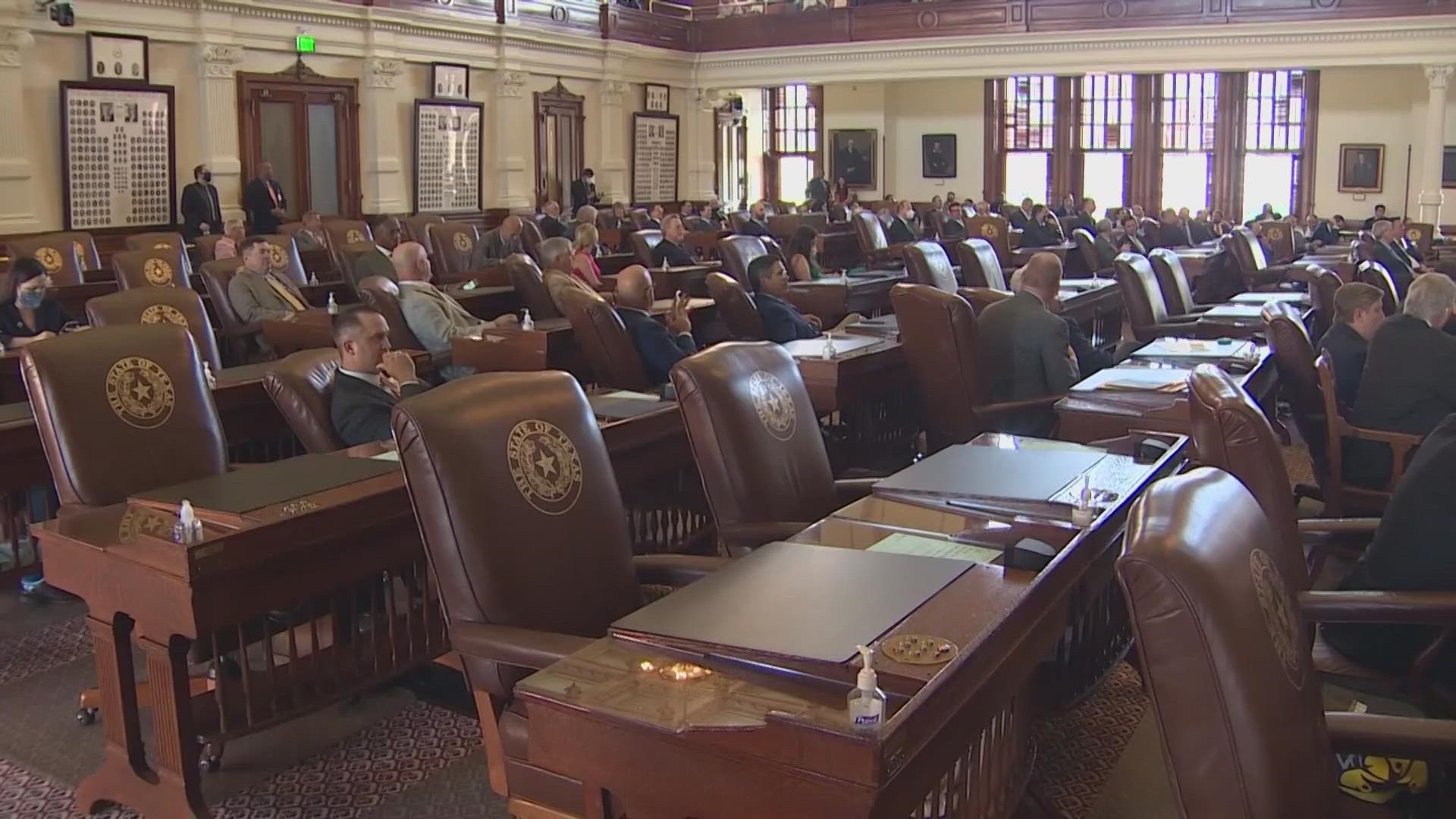DALLAS — Texas is home to millions and millions of small businesses.
But they’ve never had their own court system in our state to resolve disputes.
That is expected to change this legislative session.
“Business loves predictability because they will know what's going to happen if we get into this problem,” business attorney Jason Villalba said on Y’all-itics. “And some states are friendly towards business, some states are less friendly towards business. Texas is agnostic because Texas doesn't have a business system.”
Jason Villalba is not only a practicing business attorney; he’s also a former Republican state representative who first introduced legislation to establish business courts back in 2015.
Villalba says Delaware is currently the state of choice for business disputes.
That state first established its business court system in the 18th century.
And Delaware, with a population of less than one million, is the state of incorporation for some of the country’s largest firms, from American Airlines to Goldman Sachs.
“It's because Delaware has the oldest, the most established, court system that focuses on disputes between business companies. They decided way back in the 1700s that that was going to be their area. They set up a court and they decided we're only going to focus on business issues,” Villalba explained.
Many Texas lawmakers now want the same for our state and HB 19 would do just that.
Even the bill’s number tells you all you need to know about its importance. A bill that’s numbered 1 – 20 is a top priority bill for the state of Texas during that session.
Dozens of states now have a court system established for businesses.
Here in Texas, Villalba points out we do have some specialized courts that focus on certain areas of the law, such as probate law or family law.
But business disputes currently wind their way through regular courts in Texas.
“Our judges are smart. They're capable. They're effective. And they know what they're doing. But what ends up happening is all of the business matters and disputes are in the same courts as the person that got run over by a truck,” Villalba told us. “Our courts are so overcrowded that it's taking months, if not years, to have these disputes settled.”
When these cases do get before a court, Villalba says the judge and juries have to do a great deal of research to get up to speed on what can be very complex business issues.
And that gets expensive.
Supporters of a business court system in Texas say cutting costs is another goal.
Think of it another way.
If two companies are in a dispute and they decide to hash it out in Delaware, large legal teams might have to spend months in that state. So, that also includes hotels, restaurants, shopping and everywhere else the out-of-towners might spend their dollars.
If Texas has its own system, which would include juries, those disputes could be solved in Dallas, or Houston, or Austin, or San Antonio.
“That way your lawyers can go home at night. They don't have to spend all that money. They don't have to eat out every night. And you can have the comfort of knowing that the judge, that these judges that are looking at these very complicated issues are equally capable as the smartest people in the country in Delaware are,” argued Villalba.
There is one big controversy associated with this legislation: the judges would be appointed, not elected. Is it even possible business courts in Texas could avoid the pitfall of partisan politics? Listen to our latest episode of Y’all-itics to learn more. Cheers!

